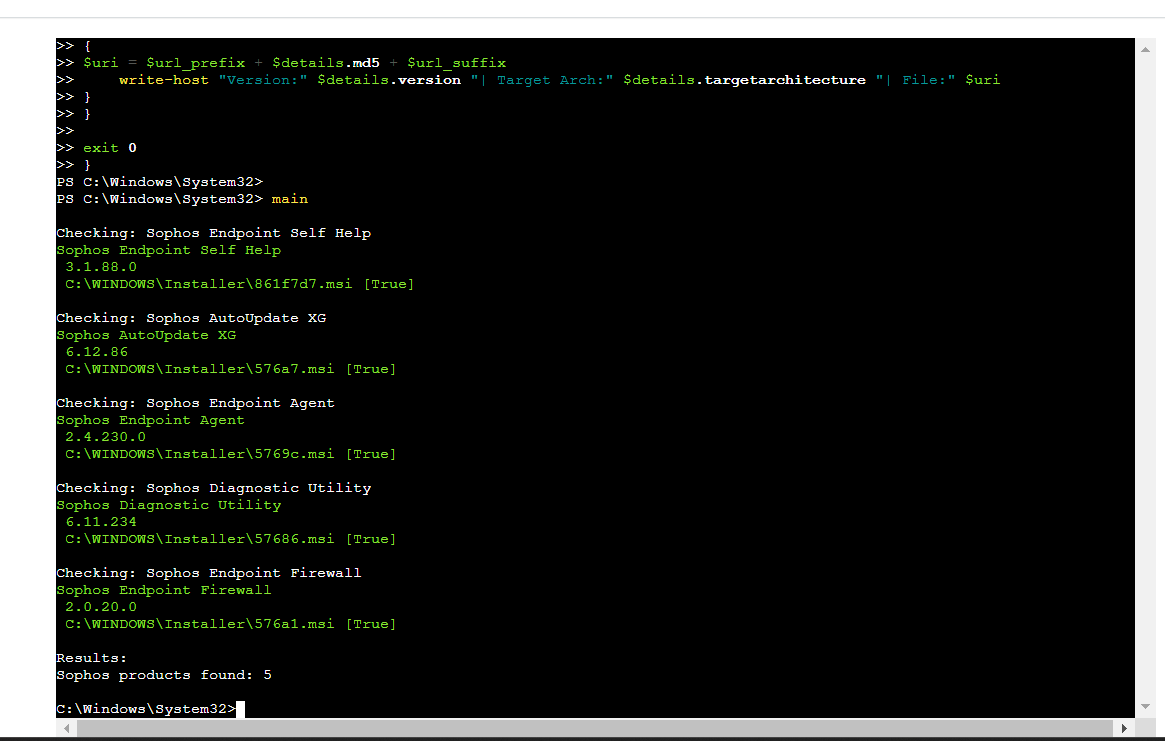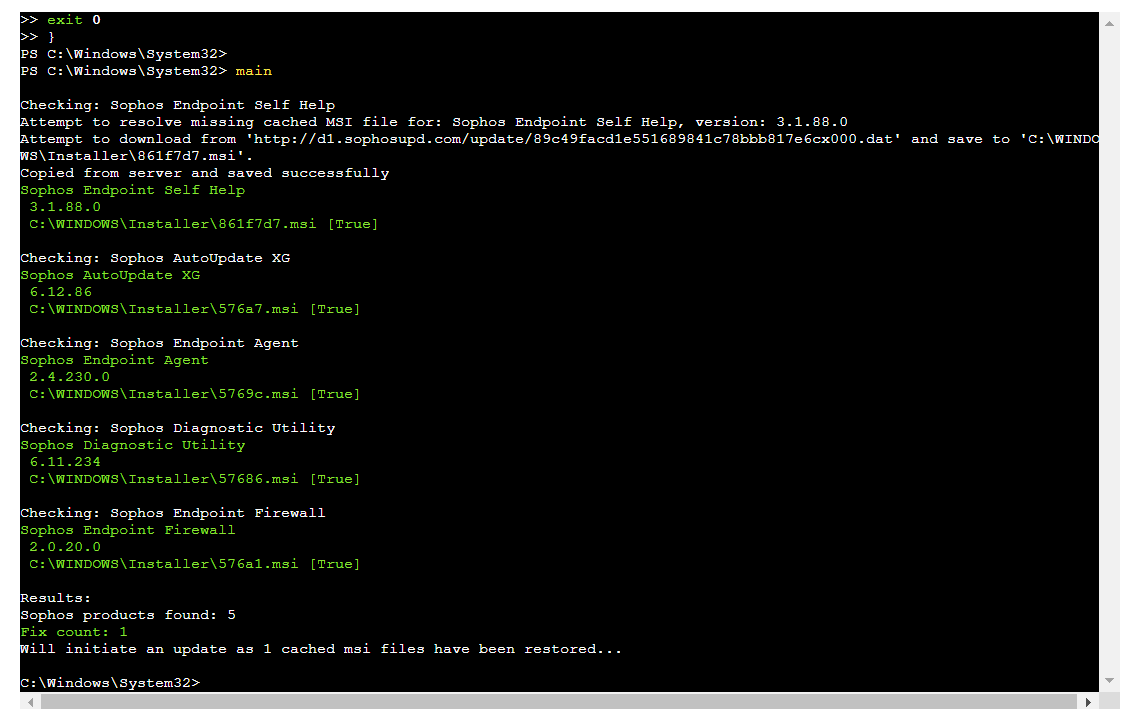Hi All.
I am having an issue with multiple machines failing Sophos update over the weekend.
This includes relatively new machines. I am receiving the following error:
Failed to install sau: general error.
I have tried uninstalling but receiving the same error.
Any ideas?
Thanks,
This thread was automatically locked due to age.





